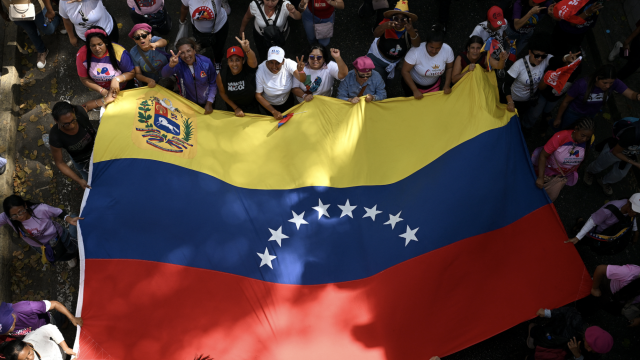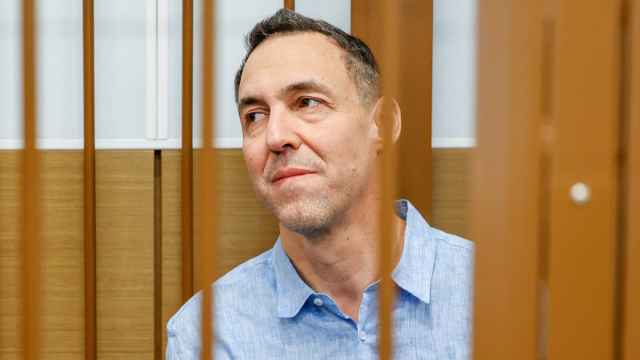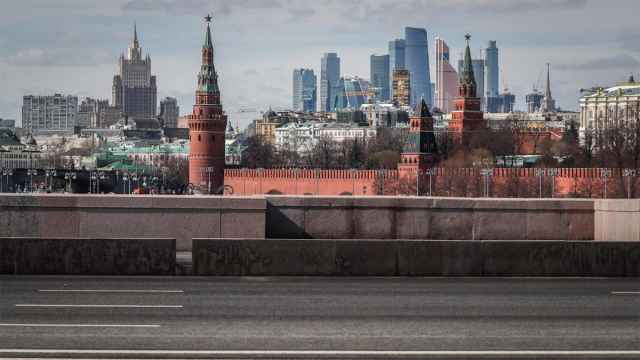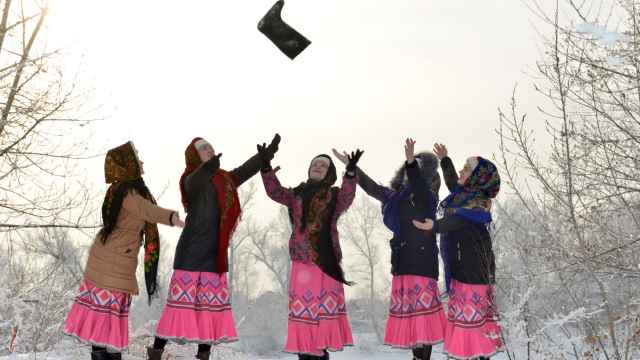Ukraine's ruling party on Wednesday froze plans to try to reinstate defamation as a crime punishable by jail time.
Politicians and the media had slammed the Soviet-era law as another curb on the free press ahead of a parliamentary election next month.
A bill allowing prison terms of up to five years for offenders was rushed through its first reading on Sept. 18 by deputies of President Viktor Yanukovych's Party of the Regions and their allies, who hold the majority in parliament.
The proposed libel law would have applied to anyone, including the media, who spread "deliberately untrustworthy information" that denigrated a person, hurt his honor and dignity or undermined his business reputation.
The proposal to return the legislation to the books 11 years after it was removed led to an outcry from the political opposition and from independent media, who say they face increased harassment from the authorities in the run-up to the Oct. 28 election.
Yanukovych himself criticized the timing of the proposal on the sidelines of the UN General Assembly on Tuesday, and on Wednesday the Party of the Regions deputy who introduced the bill said he was removing it from parliamentary discussion, at least until after the election.
"Having weighed all the circumstances and acting in the interests of the state, I have decided to withdraw this bill," Vitaly Zhuravsky said, Interfax reported. "I understand that on the eve of the election to parliament, any initiative like this is regarded at the very least with fear and mistrust."
Speaking to Ukrainian journalists in New York, Yanukovych said it was important that Ukraine apply general European standards in dealing with the media.
"If we say on the one hand that we are creating the right conditions for journalists and the media and then do the opposite, no one will understand us," he said, according to a statement on his website.
The United States and other Western governments say moves to curb media criticism in Ukraine are part of a gradual backsliding on democracy and a trend toward greater authoritarianism since Yanukovych came to power in February 2010.
Related articles:
A Message from The Moscow Times:
Dear readers,
We are facing unprecedented challenges. Russia's Prosecutor General's Office has designated The Moscow Times as an "undesirable" organization, criminalizing our work and putting our staff at risk of prosecution. This follows our earlier unjust labeling as a "foreign agent."
These actions are direct attempts to silence independent journalism in Russia. The authorities claim our work "discredits the decisions of the Russian leadership." We see things differently: we strive to provide accurate, unbiased reporting on Russia.
We, the journalists of The Moscow Times, refuse to be silenced. But to continue our work, we need your help.
Your support, no matter how small, makes a world of difference. If you can, please support us monthly starting from just $2. It's quick to set up, and every contribution makes a significant impact.
By supporting The Moscow Times, you're defending open, independent journalism in the face of repression. Thank you for standing with us.
Remind me later.





